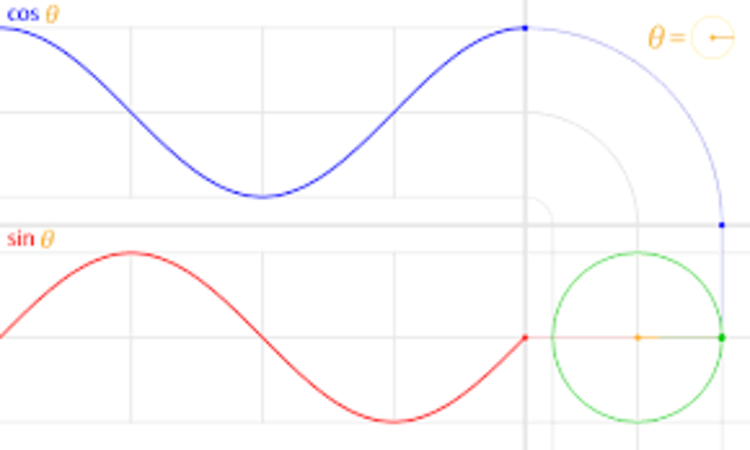All causes and sin are from the same root

If the integral above is equal to for rational numbers and , find the value of .
The answer is 4.
This section requires Javascript.
You are seeing this because something didn't load right. We suggest you, (a) try
refreshing the page, (b) enabling javascript if it is disabled on your browser and,
finally, (c)
loading the
non-javascript version of this page
. We're sorry about the hassle.
Nice problem!!
x = t
2 ∫ 0 ∞ sin ( t 2 ) + cos ( t 2 ) d t
We know that
∫ 0 ∞ e − a x x n − 1 d x = a n Γ ( n ) where Γ ( n ) is Gamma function
Replace a → a + i b where i = − 1
∫ 0 ∞ e − a x e − i b x x n − 1 d x = ( a + i b ) n Γ ( n )
Put a = r cos y a n d b = r sin y .
So that r 2 = a 2 + b 2 and y = arctan ( a b )
Using de moviers theorem
∫ 0 ∞ e − a x ( cos b x − i sin b x ) x n − 1 d x = r n Γ ( n ) ( cos n y + sin n y ) − 1
Comparing the real and imaginary parts we finally get
∫ 0 ∞ e − a x ( cos b x ) x n − 1 d x = r n Γ ( n ) ( cos n y )
∫ 0 ∞ e − a x ( sin b x ) x n − 1 d x = r n Γ ( n ) ( sin n y )
I will give the answer for c o s part only as the sin part is exactly analogous to it.
Put a = 0
∫ 0 ∞ e − 0 x ( cos b x ) x n − 1 d x = ( 0 2 + b 2 ) 2 n Γ ( n ) ( cos ( n arctan ( 0 b ) ) )
∫ 0 ∞ x n − 1 cos b x d x = b n Γ ( n ) cos ( 2 n π )
Put x n = z so that x n − 1 d x = n d z and x = z n 1
Then
∫ 0 ∞ cos ( b z n 1 ) d z = b n n Γ ( n ) cos ( 2 n π )
Here b = 1 and n = 2 1
∫ 0 ∞ cos ( x 2 ) = 2 2 π
The final answer is
2 π